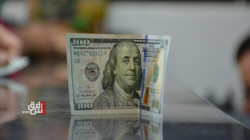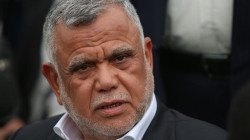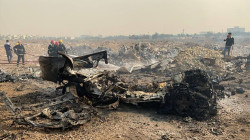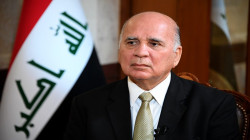Economic analyst describes US sanctions on Fly Baghdad as a warning to Iraq
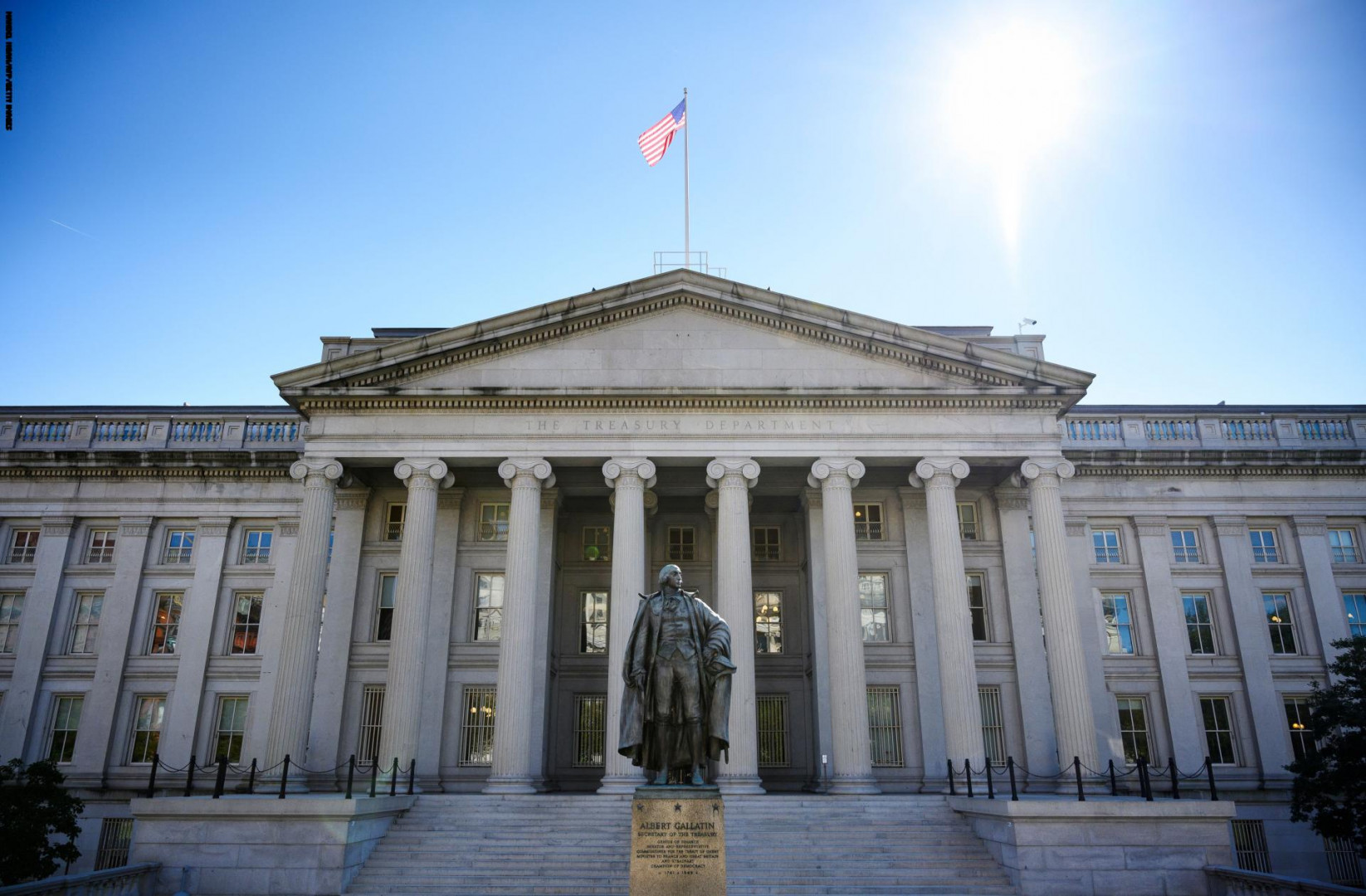
Shafaq News / On Tuesday, economic expert Nabil Al-Marsoumi described the sanctions imposed by the US Treasury on "Fly Baghdad" airline as an "American economic warning to Iraq."
Al-Marsoumi stated, "Both the President of the United States and Congress have the authority to issue sanctions. The International Emergency Economic Powers Act of 1977 allows the President to do so quite easily, and Washington has pushed the United Nations to impose sanctions on groups and individuals in 180 countries."
He explained that the United States adopts four methods in its economic sanctions:
1. Freezing: Seizure of state assets abroad, freezing the accounts of state institutions and individuals accused of making decisions conflicting with American interests.
2. Financial Restrictions: Exclusion from the SWIFT financial transfer system for sending money worldwide, used by thousands of financial institutions in over 200 countries. This sanction has been used against Iran and Russia after their actions against Ukraine.
3. Dollar Settlement Exclusion: Prohibition of financial transactions involving the use of US dollars and punishment of any Western company dealing with sanctioned state-owned companies.
4. Preventing Access to Global Debt Markets: Restriction of access to global debt markets, depriving the country of financing for economic development. This may lead to a rise in borrowing costs and a decline in the value of the national currency.
Al-Marsoumi noted that if military operations expand in Iraq, the country could face the following sanctions:
1. Stopping Dollar Deliveries: The US could halt dollar deliveries to Iraq, reducing the exchange rate of the Iraqi dinar significantly. This may lead to a substantial collapse of the Iraqi dinar, reminiscent of the American blockade on Iraq. Iraq's cash reserves in US banks may be frozen, extending to Iraq's significant investments in US Treasury bonds, amounting to around $34 billion.
2. Refusal to Deal with the Central Bank of Iraq: Refusal to deal with the Central Bank of Iraq could erode global confidence, prompting entities to stop dealing with the Central Bank of Iraq due to technical standards or fear of US sanctions.
3. Sanctions on Iraqi Banks: Imposing sanctions on Iraqi banks and money transfer companies would disrupt the economic situation and limit foreign trade financing.
4. SWIFT Ban: Preventing Iraq from using the SWIFT financial transfer system, which is significantly influenced by the US.
5. Halting Lending and Aid Programs: The cessation of lending, reconstruction, and technical aid programs provided by the International Monetary Fund and the World Bank to Iraq, as both organizations are controlled by the United States.
6. Ending Iraq's Exception for Gas and Electricity Imports from Iran: This could lead to the collapse of the electricity organization in Iraq.
7. Impact on the Oil Sector: Potential US sanctions could significantly affect the oil sector. The US might stop its imports of Iraqi oil, reaching 400,000 barrels per day, and sanctions could escalate to impose restrictions on entities buying Iraqi oil, which constitutes 93% of the general revenues. Foreign oil tankers might also refrain from loading and transporting Iraqi oil to global markets for fear of US sanctions.
8. Negative Impact on Investment Environment: Negative effects on Iraq's investment environment, particularly concerning US and foreign oil companies. This would impact Iraq's ability to produce, export, and develop oil fields, especially those related to investing in associated gas to reduce gas imports. Additionally, it would negatively affect government economic programs in construction and reconstruction.
On Monday, the US Treasury Department announced the inclusion of "Fly Baghdad" airline and its CEO on the sanctions list for providing assistance to the Iranian Revolutionary Guard's "Quds Force" and its proxy groups in Iraq, Syria, and Lebanon.
According to the Treasury, "Fly Baghdad" has supported operations of the Iranian Revolutionary Guard Quds Force and its proxies by transporting equipment and personnel across the region. The airline's flights have delivered arms shipments to Damascus International Airport in Syria for transfer to Iranian Revolutionary Guard members, Quds Force, and Iran-affiliated militias on the ground in Syria, including the Syrian Arab Republican Guard, Hezbollah in Lebanon, and Iraqi Hezbollah Brigades.
Following the announcement, the Central Bank of Iraq froze the accounts of "Fly Baghdad" airline on Tuesday in response to the US Treasury sanctions.

